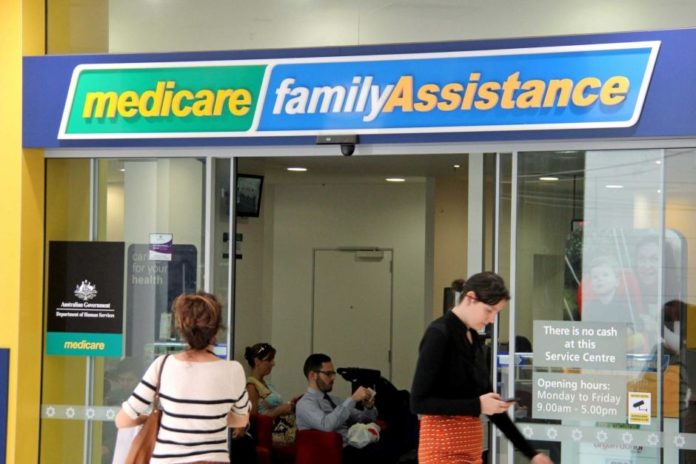
The Australian Medical Association (AMA) has warned of a rise in medical fees due to new changes to the Medicare benefits schedule coming into effect on January 19.
The Federal Government scrapped its plan for a $7 Medicare co-payment before Christmas, but AMA national president Associate Professor Brian Owler said new changes had outraged general practitioners.
Under the new co-payment schedule, rebates for GP consultations lasting less than 10 minutes would be reduced.
“This has angered GPs more than any of the other proposals, even more than the initial proposal,” Dr Owler said in an interview on 666 ABC Canberra Breakfast.
Dr Owler said changes would have patients paying more out-of-pocket funds for medical expenses.
“Up until now, the consultation fee has been based on the complexity of the consultation,” he said.
“A level A consultation was a simple matter, while a level B required a history exam and a diagnosis and a treatment, usually. Now they’ve moved to a time-based system,” Dr Owler said.
Access to general practitioners could become limited: Owler
Dr Owler warned access to GPs could become even more limited, with healthcare professionals forced to lengthen consultation times to compensate for the new measures.
“We’re not trying to support six-minute medicine with every patient being churned through. That’s not a model that we can support.
“There are many experienced GPs who have been doing this work for 20 years, and in eight or nine minutes they can take a history, formulate a treatment plan, and explain to the patient that treatment,” he said.
Doctors would need to stretch out the consultation if they wanted to claim a higher rebate or pass the cost on to patients.
“Even if they can do [what needs to be done] in eight or nine minutes … now they’re going to have to stretch it out, which means it’s a very inefficient way of seeing patients,” Dr Owler said.
“If they try and stretch the consultation out and do more and more things, it just lessens the access to GPs.”
Dr Owler said doctors’ ability to bulk bill would also be reduced.
“At the end of the day, many GPs are now working out that the impact that it will have in terms of them being able to cover the costs of running their practice is very substantial and they’ve got no choice but to pass that on to patients,” he said.
“The rates of bulk billing for vulnerable patients are likely to decrease and they are going to be paying a lot more out of their own pocket.”
Other measures included a reduction of the Medicare benefit by $5 for GP services provided to non-concessional patients.
“From July 1, for the non-concession patients, the rebate will actually fall by a further $5, so instead of being $37.05 it will be reduced for those consultations less than 10 minutes to $11.05.
Dr Owler said the new schedule would allow the Federal Government to recoup some of the revenue it would have received from a Medicare co-payment.
“This isn’t about general practice, nor prevention and chronic disease management,” he said.
“What it’s about is saving money and making the bottom line of the budget look better.”
Source: ABC
